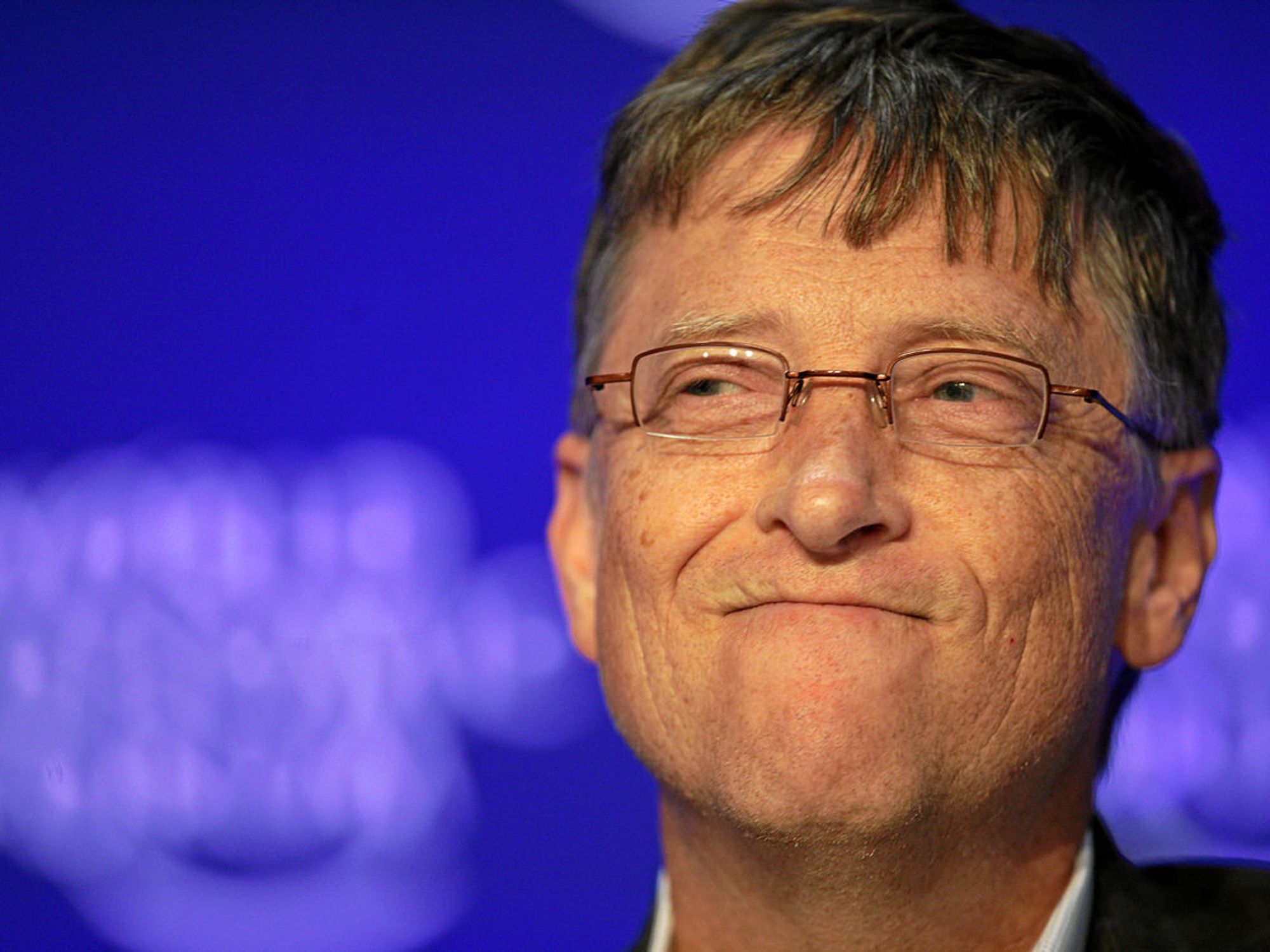‘We Should’ve Done More’: Bill Gates Says U.S. Was Too Slow on COVID-19, Shutdown Now Unavoidable

Microsoft co-founder Bill Gates said Tuesday morning that the U.S. acted too slowly and missed its chance to avoid mandatory stay-at-home orders to deal with the COVID-19 crisis, saying that "everybody should have taken notice back in January" when the first case was detected in Washington state.
"There's the period between where we realized it was transmitting and now where we should've done more," Gates said during a video discussion with Chris Anderson of TED, a non-profit organization that hosts talks and online communities.
"It's very tough to say to people, 'Hey keep going to restaurants, go buy new houses, ignore that pile of bodies over in the corner, we want you to keep spending because there's some politician that thinks GDP growth is what counts,'" Gates said. "It's hard to tell people during an epidemic … that they should go about things knowing their activity is spreading this disease."
"It's disastrous for the economy, but the sooner you do it in a tough way, the sooner you can undo it and go back to normal," Gates added.
President Trump has said over the past day that he wants to quickly reassess shutdowns across the country to lessen the economic impact.
In his talk Tuesday morning, Gates acknowledged that the economy would suffer but said that "there really is no middle ground." He suggested that we maintain a mandated shutdown of six to 10 weeks across the country.
A leading philanthropist on global public health, Gates over the past decade has foreshadowed something like the novel coronavirus, which has now infected 408,892 people worldwide and killed 18,259. His TED Talk from 2015 titled "The next outbreak? We're not ready" has been viewed more than 16 million times on YouTube.
The clear message is that we have no choice to maintain this isolation, and that's going to keep going for a period of time
The Bill and Melinda Gates Foundation has pledged up to $100 million to combat COVID-19 worldwide. The foundation is also giving an additional $5 million to help Washington state officials deal with the crisis.
Gates said on Tuesday that the U.S. needs to accelerate and better navigate COVID-19 testing.
"We can figure out which antiviral drugs work within two or three weeks and get those scaled up and we can make the vaccine if we're really ready probably in six months," Gates said.
Continue reading for highlights from Gates' responses on TED.
How will the U.S fare amid the coronavirus outbreak?
Gates: The clear message is that we have no choice to maintain this isolation, and that's going to keep going for a period of time. So this is not going to be easy. We need a clear message about that. It is really tragic that the economic effects of this are very dramatic. I mean, nothing like this has ever happened to the economy in our lifetimes. But money, you know, bringing the economy back, that's more of a reversible thing than bringing people back to life. So we're willing to take the pain in the economic dimension, huge pain in order to minimize the pain and disease in the death dimension.
What are you thoughts on the idea of reopening the economy?
Gates: It is very irresponsible for somebody to suggest we can have the best of both worlds. What we need is an extreme shutdown. If things go well then you can start opening back up.
How should countries who don't have the luxury of social distancing or great health systems in place be handling this virus?
Gates: But in the developing countries, particularly in the Southern hemisphere, the seasonality is large. The ability to isolate — when you have to go out to get your food every day and earn your wage, when you live in a slum where you're very nearby each other — it gets very hard to do. I think it's way more difficult as you move down the income ladder than it is in a country like the United States…and so we should all accelerate the vaccine, which eventually will come.
What can people do from their own homes right now to try and help?
Gates: "Well, there's a lot of creativity. Can you mentor kids who are being forced into an online format where school systems weren't really ready for that? Can you organize some giving activity that gets the food banks to step up where there's problems there? The U.S. has this tradition of philanthropy, traditional civil society coming together. There's a few things the government needs to do, but most of the things that will moderate the pain, the isolation, the damage here…everyone can think how they jump into that. These are such unprecedented times, and it really should draw out that sense of creativity, while complying with the isolation mandates.





 Image Source: Skyryse
Image Source: Skyryse